
Total Participants
641
across 17 states/regions and 4 countries
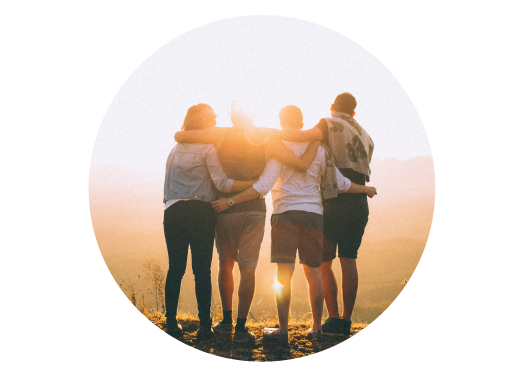
Total Teams
60

Total Actions Completed
7,832

Total Reflections Shared
1,228
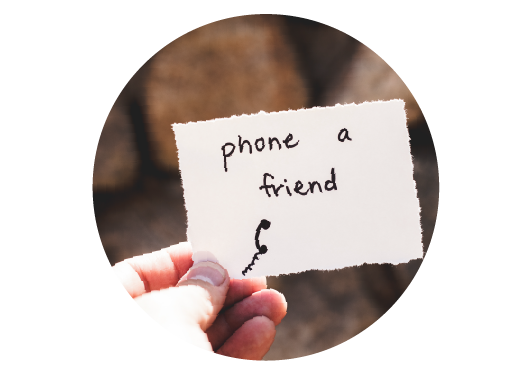
Average Behavioral Insights
Average # of daily check-ins: 4
One-time action success rate: 49%
Daily action success rate: 20%
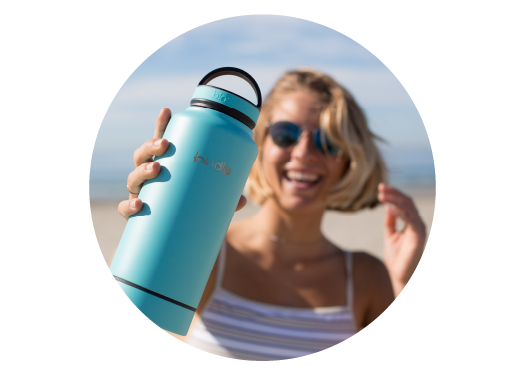
Top 5 Actions across All Action Categories
Use a reusable water bottle: 162
Use a reusable mug: 154
Pick up trash: 146
Do nature activities: 145
Use reusable bags: 143
our amazing collective impact added up!
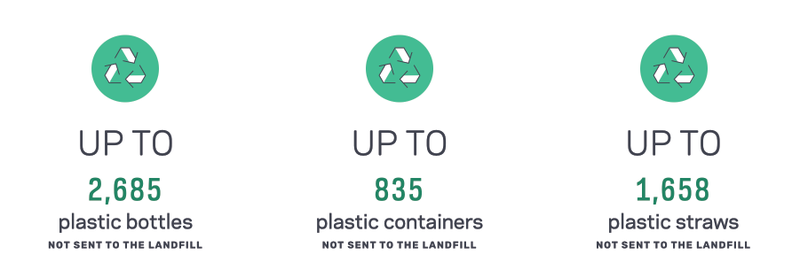
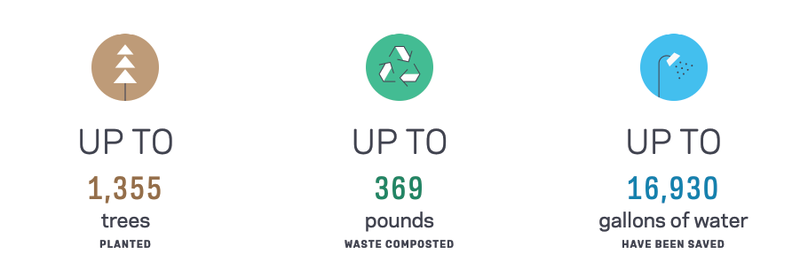
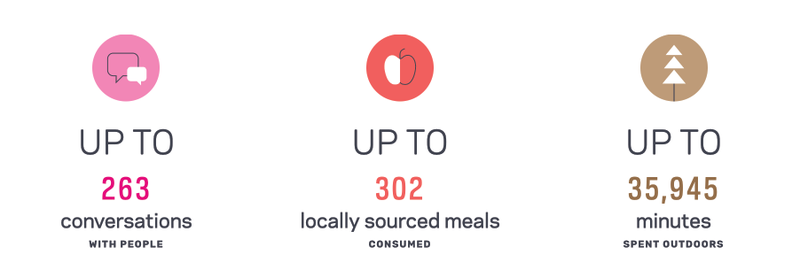
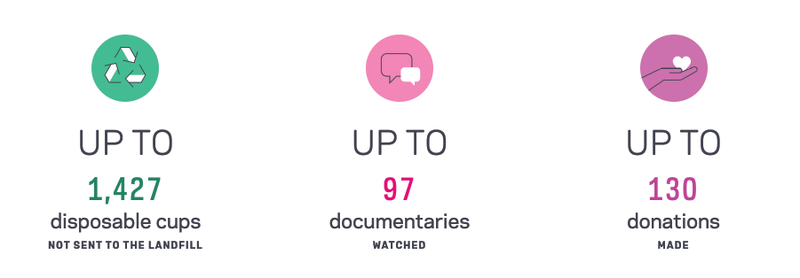
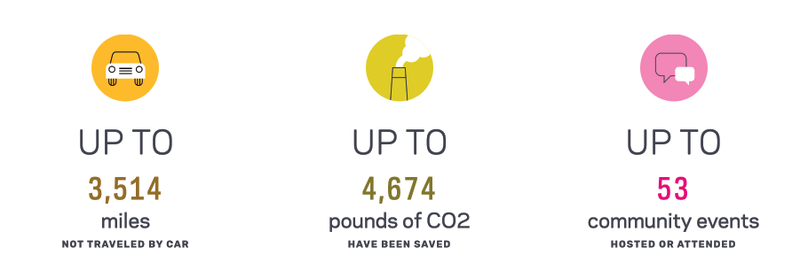
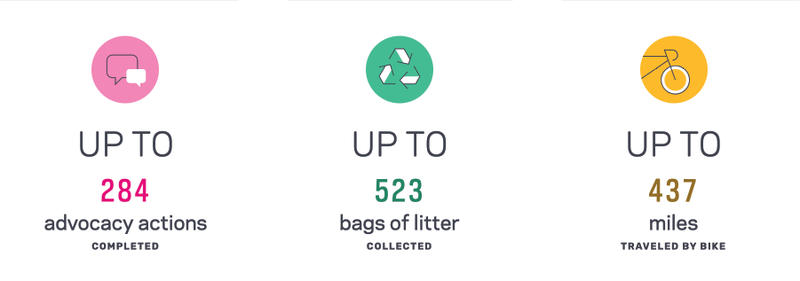
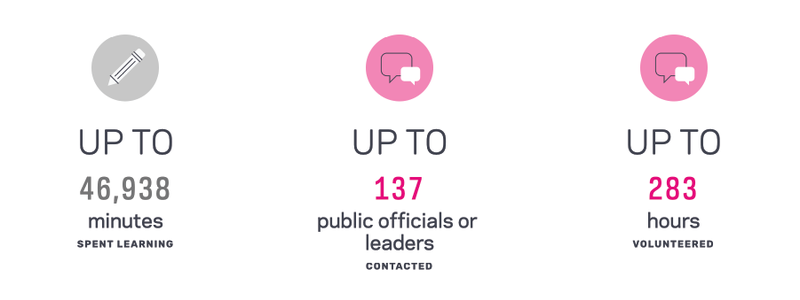
read through reflections & words of inspiration
"I joined this challenge to check my awareness of environmental issues in our PNW region, and to expand my understanding. Each of us contributes individual action, but community coordination is important too. I wanted to learn how to harmonize my personal efforts with those of the community."
— Sophia
"I think that finding other small ways to reduce water use is helpful. I probably still have some ways to improve on this one."
— Neal
"During Covid and working from home [using a reusable mug] has been so much easier as I am not traveling as much. But covid has also pressured retailers to not allow refillable mugs (or re-useable bags). This solidified my behavior"
— Aneka
"Yes, I put my actions to work when out and about. I pick up other peoples trash and dog poop when walking our beautiful trails in nature. I adopted the Cranberry Lake Trail in Cama Beach State Park on Camano Island and keep it free of trash and other debris for all to enjoy."
— Kristina
"I love love love teaching my son that some of our waste can be reused!! often times for crafts, but it is still teaching him to consider before throwing away."
— Aneka
"When I forget my bag, I gather the purchases in my arms...can't buy as much, have to leave the treats behind! If I forget my dear reusable cup, no coffee. Not without challenges. I need to remember bags for produce. And sometimes coffee places will waste a cup to make the coffee they then pour in my mug."
— Gayle
"I first started composting about 7 years ago and have not gone back! I love being able to recycle nutrients back into the grounds that i live and work on!"
— Brenda
"Low-income people and people of color are most effected by environmental degradation. Because of systemic racism and other systems in place in our country, these folks are living in areas where there's the most environmental degradation and cannot afford to leave. This ends up causing health problems that they can't afford to deal with and we end up with a vicious cycle that continues to feed itself."
— Jenny
keep learning. keep taking action. keep creating a better shared future with us.

Read Seeing Systems
Dive deeper into the complexities of Peace, Justice, and Sustainability with our discussion course and customizable Ecochallenge, Seeing Systems.
Read an excerpt Read an excerpt
Read A Different Way
Why is a simple life appealing to you? Connect your individual values and actions to the bigger picture and find power to make real change in your life, your community, and the world at large.
Read an excerpt Read an excerpt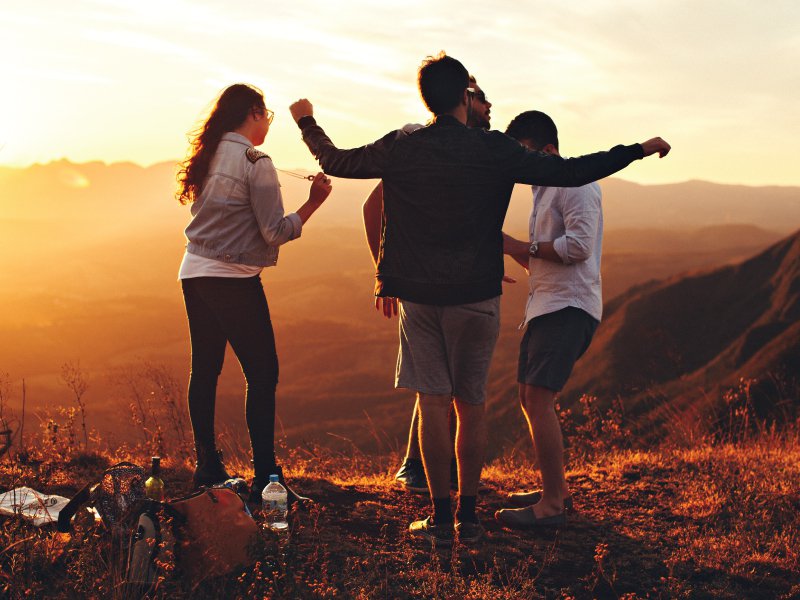
we write our emails to you with a lot of care and intention.
sign up to know about upcoming ecochallenges, impacts and insights, sustainability resources, and inspiration.
